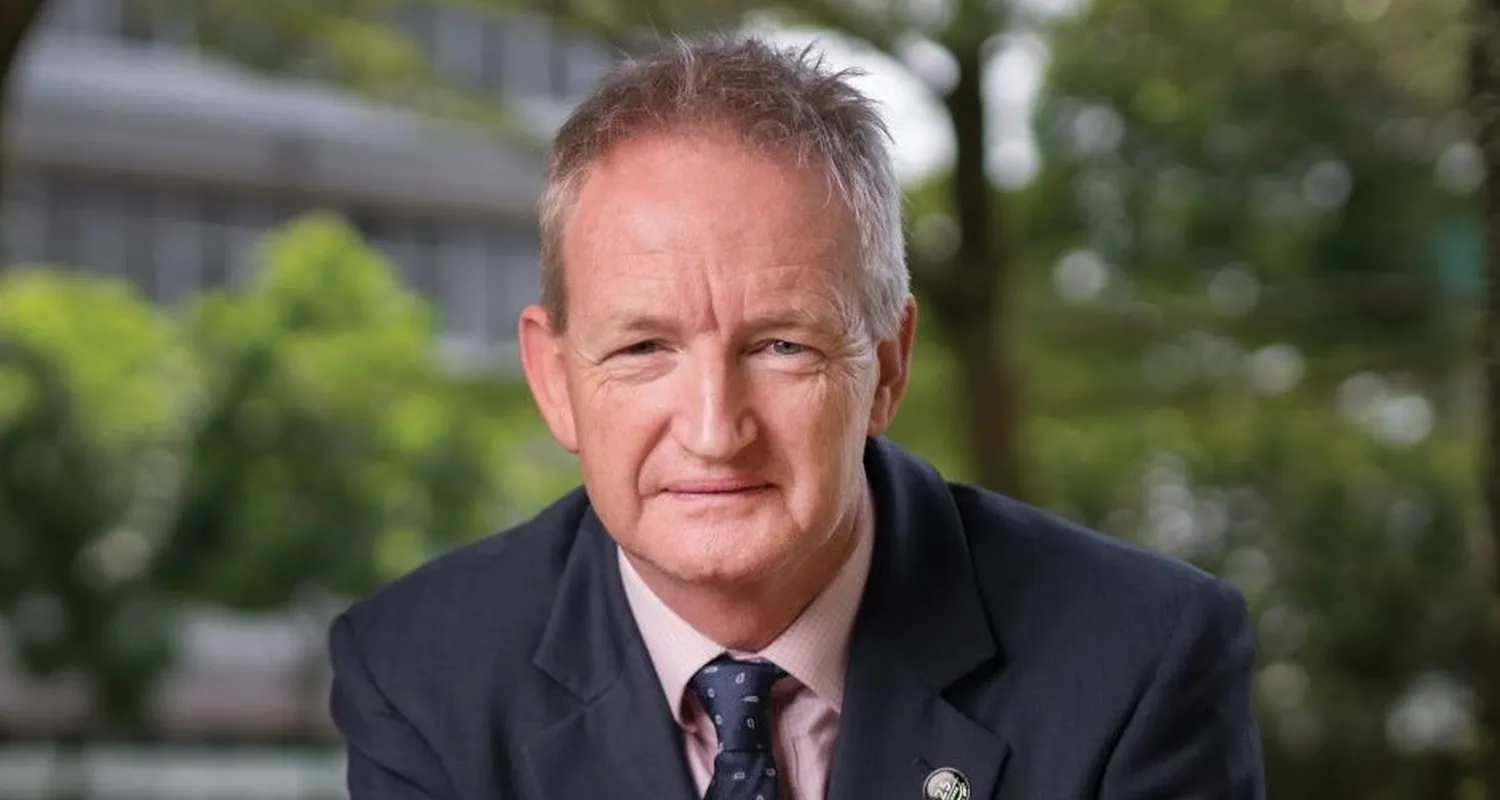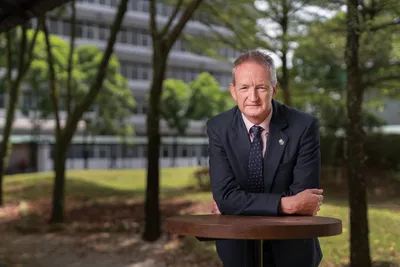1
As a university leader who has spent the most recent part of your career in Asia, what do you see as the future opportunities for Australian Universities in the region?
Australia has a lot to offer education in Asia; we have an excellent education system that is internationally recognised for high quality. The partnership model is a growing trend, where tertiary students start in one institution (offshore) and then complete their degree in another (onshore). This way students experience a different culture and education environment at more affordable fees. There are also some great opportunities in research. Much work can be done offshore and research candidates can come to Australia for critical parts. Again, an economic and cultural model that works well for both students and the respective countries.
2
What do you see as the major challenges for universities located in Asia?
Two major issues: funding and talent. While Asia places a high value on education (more so than in Australia) and governments are prepared to invest significantly, with a few exceptions, they struggle to allocate the necessary levels of funding because of the financial challenges of a developing economy.
Attracting top talent to Asia is not always easy. Overseas candidates often do not see the remuneration as attractive, but there is a great opportunity for younger and emerging academics to build their careers, particularly at some of the international branch campuses. This mix of local and overseas academics provides a rich campus experience for both students and staff.
3
STEM education has been a major focus of Australian government policy in recent years. As a former Dean of a STEM faculty, do you think that Australia is making any steps forward?
The awareness of the importance of STEM has increased in Australia, although this has not translated to increased enrolments in engineering and the physical sciences. Unlike in Asia, studying STEM in Australia does not seem to have the same level of prestige and attractiveness as some other fields, and is compounded by an ongoing gender imbalance challenge. There needs to be a greater focus on making STEM more attractive at school, particularly in the formative primary years, through additional teaching and parental support.
4
You have an engineering background with an involvement with Australian infrastructure. Where do you see the challenges for infrastructure development in Australia?
Skills and ongoing training is a critical issue. We have seen a willingness of governments in recent years to invest in major infrastructure projects and there is now a strong pipeline; which is great for the nation. The challenge has been in the supply of talent to deliver many of these large and complex multi-disciplinary projects, such as tunnelling, to ensure that the projects are delivered on time, within budget and to the specified quality. Our engineering workforce consists of both locally developed talent and imported engineers through skilled migration, with the latter significantly disrupted during the COVID pandemic. Moving forward, Australia will need to increase the supply of local engineers to be better positioned for the future.
5
You have also worked at the interface between universities and industry. Is enough being done to enable industries to understand universities and vice-versa?
The relationship and the interaction between universities and industry is getting better but there is much more we can do. One of the key elements is to increase the flow of staffing talent between the two sectors to improve collaboration in both education and research. We know that industry would prefer students to have a couple of years of industry experience upon graduation. Education needs to embed more practice skills and internship opportunities to supplement the higher level thinking and theory embedded in all tertiary courses.



